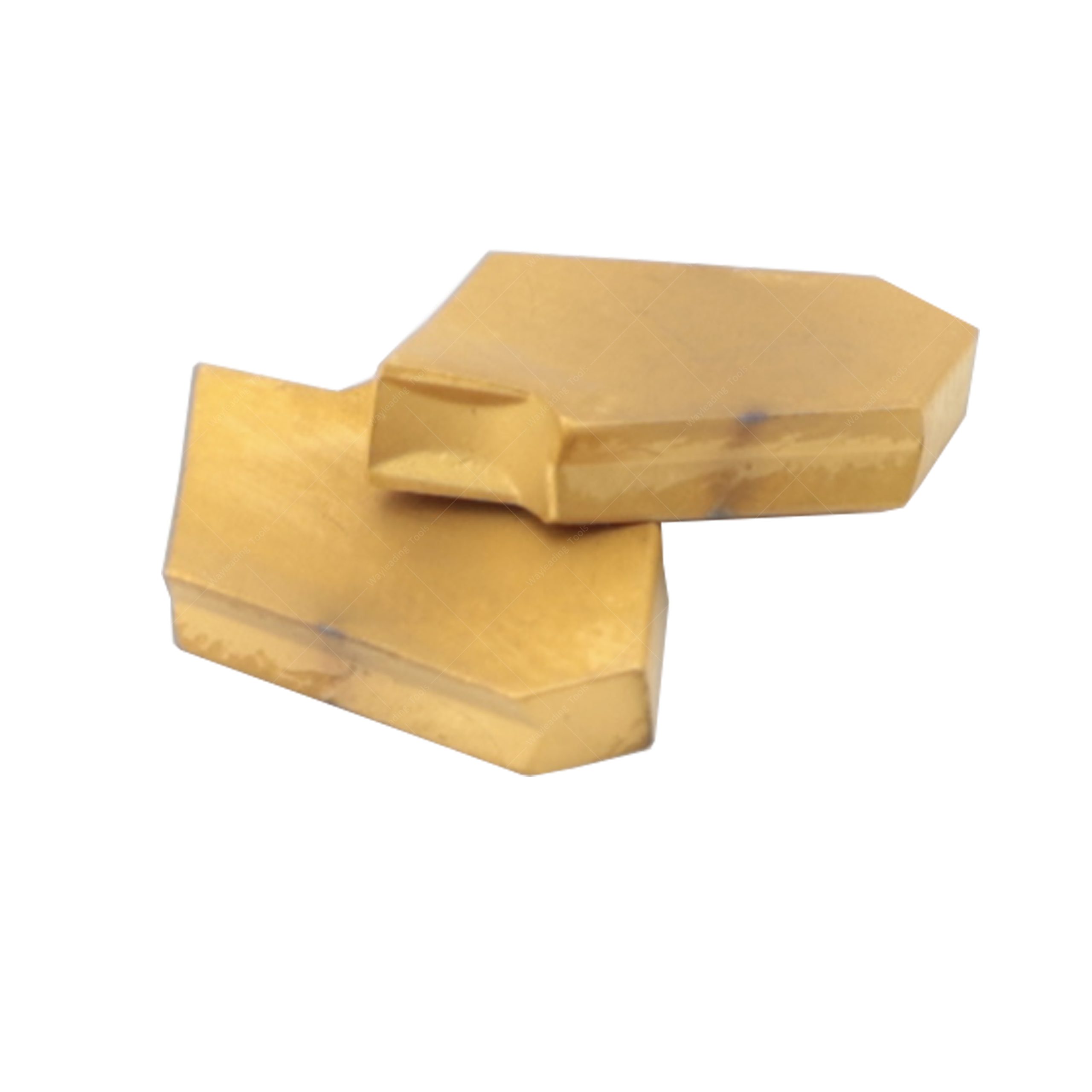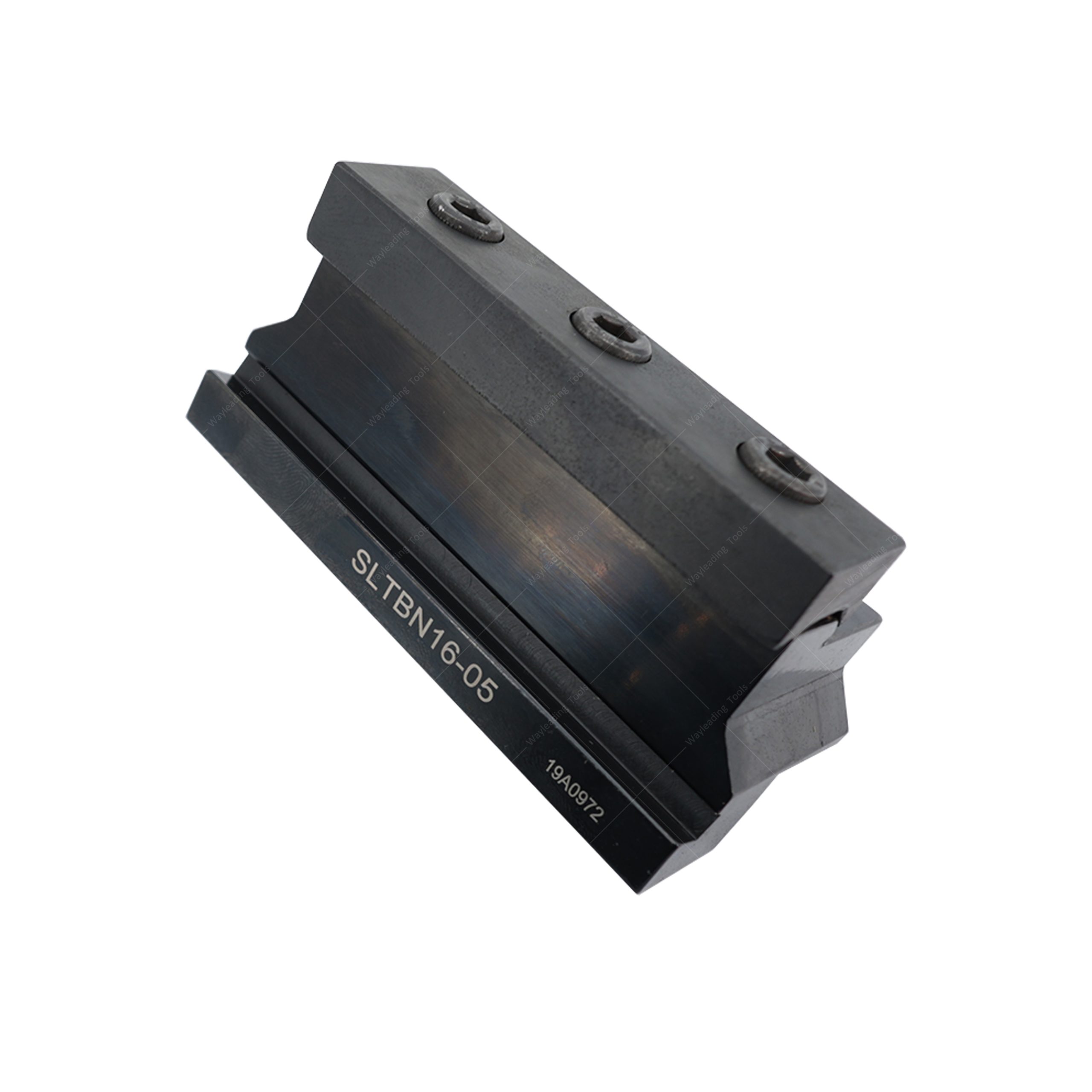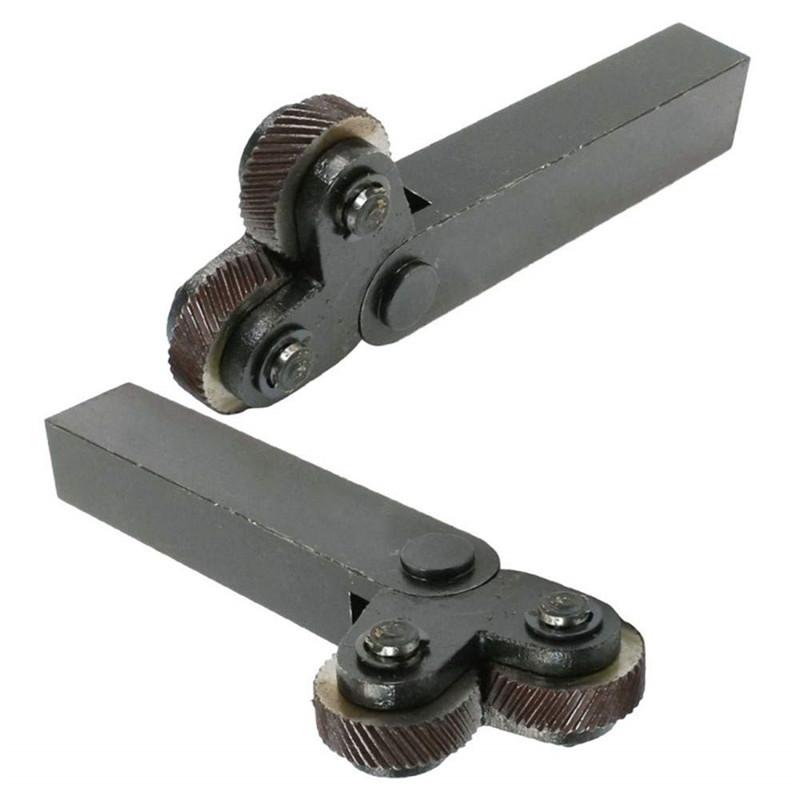plug gauge Suppliers
Finding reliable plug gauge suppliers is crucial for ensuring the accuracy and consistency of your manufacturing processes. This article explores the key considerations when selecting a supplier, the types of plug gauges available, and how to choose the right gauge for your specific application.
Understanding Plug Gauges and Their Importance
What is a Plug Gauge?
A plug gauge is a precision measuring tool used to check the internal dimensions of a hole, ensuring it falls within specified tolerances. It consists of one or more cylindrical pins, each precisely sized, attached to a handle. The gauge is inserted into the hole to determine if the hole is within the acceptable size range.
Why Are Plug Gauges Important?
Plug gauges are essential for:
- Ensuring interchangeability of parts.
- Maintaining quality control in manufacturing.
- Verifying the accuracy of machining processes.
- Preventing assembly problems due to incorrect hole sizes.
Types of Plug Gauges
Go/No-Go Plug Gauges
Go/No-Go plug gauges are the most common type. They have two ends: the 'Go' end, which should enter a hole that is within tolerance, and the 'No-Go' end, which should not enter a hole that is within tolerance. This provides a quick and easy way to check whether a hole meets specifications.
Taperlock Plug Gauges
Taperlock plug gauges feature a tapered shank that fits into a handle. This design offers increased rigidity and accuracy, making them suitable for high-precision applications.
Pin Gauges
Pin gauges are individual cylindrical pins used to measure the diameter of small holes or slots. They are available in sets with incremental sizes, allowing for precise measurements.
Progressive Plug Gauges
A progressive plug gauge combines the 'Go' and 'No-Go' dimensions on a single gauge. This makes it faster to use than a traditional Go/No-Go gauge, but it can be less accurate.
Key Considerations When Choosing Plug Gauge Suppliers
Quality and Accuracy
The most important factor is the quality and accuracy of the plug gauges. Look for suppliers who adhere to recognized standards, such as ISO 9001, and who can provide calibration certificates to verify the accuracy of their gauges. Wayleading Tools prides itself on delivering high-precision tools manufactured to meet rigorous industry standards.
Material and Hardness
The material used in the plug gauge affects its durability and wear resistance. High-quality steel alloys are commonly used. The hardness of the gauge should also be appropriate for the materials being measured. Often, gauges are made from oil hardened tool steel to keep the dimensions stable during use.
Customization Options
If you have specific requirements, such as non-standard sizes or materials, look for suppliers who offer customization options. A reliable supplier will be able to tailor the gauges to your exact needs.
Delivery Time and Availability
Consider the supplier's delivery time and availability. Can they meet your deadlines? Do they have the gauges you need in stock, or will they need to be manufactured? Delays can impact production schedules, so it's crucial to choose a supplier with reliable logistics.
Price and Value
While price is a factor, it shouldn't be the only consideration. Focus on value. A slightly more expensive gauge from a reputable supplier may offer better accuracy and longevity, saving you money in the long run. Always factor in shipping costs when considering the cost of each gauge.
Reputation and Reviews
Research the supplier's reputation and read reviews from other customers. Are they known for providing high-quality products and excellent customer service? A supplier with a proven track record is more likely to meet your expectations.
Where to Find Reliable Plug Gauge Suppliers
Online Marketplaces
Online marketplaces, such as IndustryNet offer a wide selection of plug gauge suppliers. However, it's important to carefully vet the suppliers before making a purchase.
Trade Shows and Industry Events
Attending trade shows and industry events can be a great way to meet plug gauge suppliers in person and see their products firsthand.
Direct from Manufacturers
Purchasing directly from manufacturers like Wayleading Tools can offer several advantages, including lower prices, better quality control, and access to technical expertise. By purchasing directly from a manufacturer, you can often get a deeper understanding of their processes and guarantees.
Using a Plug Gauge: A Step-by-Step Guide
- Clean the Hole and Gauge: Before using the gauge, ensure that both the hole and the gauge are clean and free of debris.
- Select the Correct Gauge: Choose a gauge that corresponds to the specified hole size.
- Insert the 'Go' End: Gently insert the 'Go' end of the gauge into the hole. It should slide in smoothly with minimal force.
- Attempt to Insert the 'No-Go' End: Try to insert the 'No-Go' end of the gauge into the hole. It should not enter the hole.
- Interpret the Results: If the 'Go' end enters and the 'No-Go' end does not, the hole is within tolerance.
Plug Gauge Maintenance and Care
Proper maintenance is essential for ensuring the accuracy and longevity of your plug gauges:
- Clean After Each Use: Wipe the gauge clean after each use to remove any debris or contaminants.
- Store Properly: Store the gauges in a clean, dry environment, preferably in their original packaging or a protective case.
- Regular Calibration: Have the gauges calibrated regularly by a qualified calibration laboratory.
- Avoid Dropping: Dropping a plug gauge can damage it and affect its accuracy.
Conclusion
Choosing the right plug gauge suppliers is critical for maintaining quality control in your manufacturing processes. By considering factors such as quality, accuracy, customization options, and reputation, you can find a supplier who meets your specific needs. Remember to properly use and maintain your plug gauges to ensure their accuracy and longevity.
Related products
Related products
Best selling products
Best selling products-
 Metric HSS Step Drills With Straight Flute
Metric HSS Step Drills With Straight Flute -
 GTN Parting & Grooving Insert For NCIH Blade
GTN Parting & Grooving Insert For NCIH Blade -
 CNMG & CNMM Turning Insert For Indexable Turning Tool Holder
CNMG & CNMM Turning Insert For Indexable Turning Tool Holder -
 HSS Metric & Inch Woodruff Keyseat Cutter With Straight Or staggered Teeth
HSS Metric & Inch Woodruff Keyseat Cutter With Straight Or staggered Teeth -
 Precision Dial Indicator Gage For Industrial With Jeweled
Precision Dial Indicator Gage For Industrial With Jeweled -
 Type C Cylinder Ball Nose Tungsten Carbide Rotary Burr
Type C Cylinder Ball Nose Tungsten Carbide Rotary Burr -
 9PCS Broken Tap Extractor Set With Storage Box
9PCS Broken Tap Extractor Set With Storage Box -
 Parting & Grooving Tool Block For NCIH Blades
Parting & Grooving Tool Block For NCIH Blades -
 Type A Cylinder Tungsten Carbide Rotary Burr
Type A Cylinder Tungsten Carbide Rotary Burr -
 Partial profile 55° Threading Insert With ER & IR Type
Partial profile 55° Threading Insert With ER & IR Type -
 HSS Inch Taper Shank Twit Drills For Metal Cutting Of High Precision
HSS Inch Taper Shank Twit Drills For Metal Cutting Of High Precision -
 Precision IP54 Digital Outside Micrometer Of Inch & Metric With Data Output
Precision IP54 Digital Outside Micrometer Of Inch & Metric With Data Output










